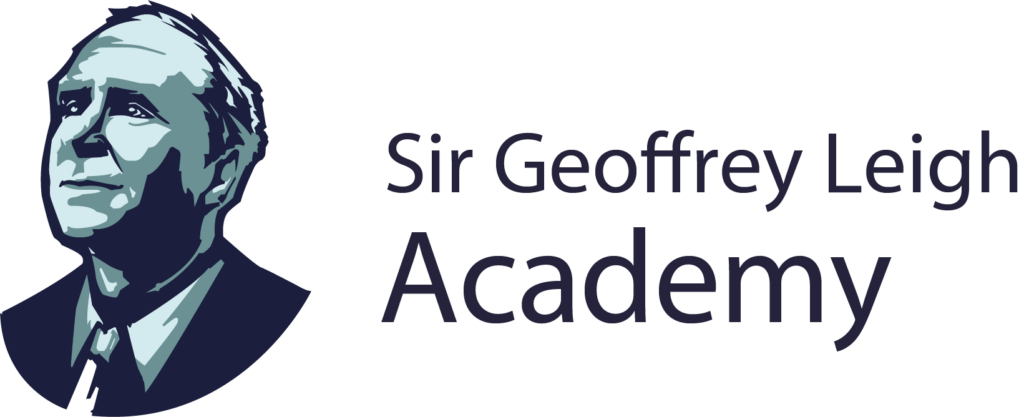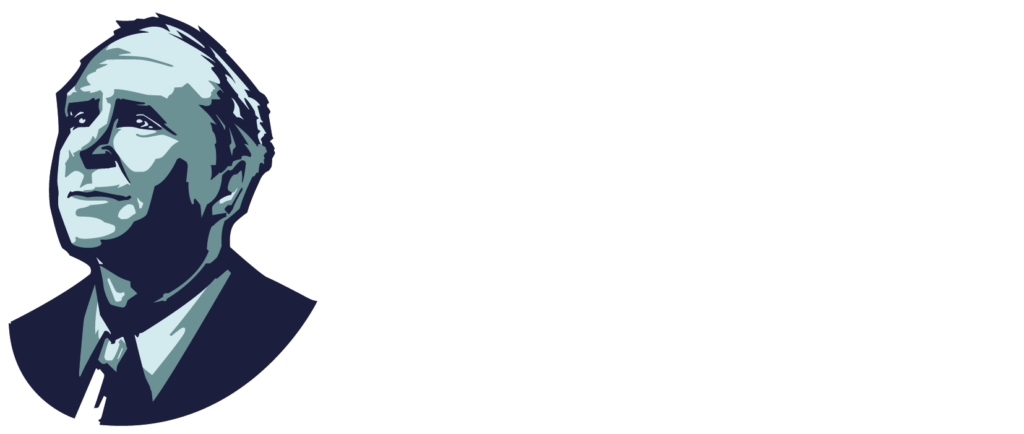Aims and Outcomes: Enable all students access to a careers programme, career guidance and resources.
Activity
- Access to careers library (based in main library)
- Links to useful websites accessible
Gatsby Benchmarks
- 1, 2, 4
- 1, 2, 3, 4
(Ongoing and available at all times)




